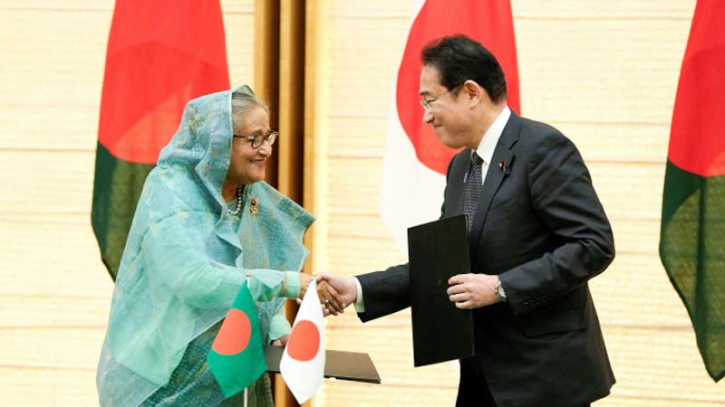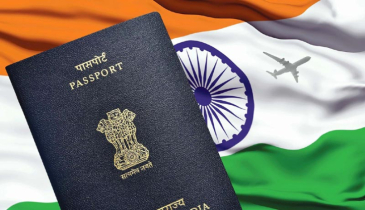Trade deal with Japan will boost Bangladesh's post-LDC success

The Bangladeshi government recently took a significant step by commencing negotiations for an Economic Partnership Agreement (EPA) with Japan. This agreement aims to ensure continued zero-duty entry of Bangladeshi products to Japan after Bangladesh graduates from the least developed country (LDC) status.
The primary objective of this agreement is to ensure uninterrupted zero-duty access for Bangladeshi goods into the Japanese market even after Bangladesh transitions out of its LDC status. By fostering a robust EPA, both nations aim to leverage trade and investment cooperation to enhance their presence in the global market.
The EPA negotiations with Japan hold paramount importance for Bangladesh as they guarantee continued duty-free access to the Japanese market beyond 2026, when Bangladesh is slated to ascend to developing country status. Extensive collaborative efforts between the two countries, including a comprehensive joint study conducted through three rounds of meetings in April, July, and September of the previous year, have laid the groundwork for this agreement. Seventeen key sectors for cooperation were identified during these deliberations, culminating in the approval of the joint study report by both governments in December.
Bangladesh's proactive approach in commencing negotiations for the EPA underscores its commitment to safeguarding its trade benefits and strengthening its export-driven economy. This strategic move not only reinforces Bangladesh's competitive edge in the global arena but also signifies a significant milestone in its economic trajectory, showcasing its adeptness in navigating complex international trade dynamics to secure favorable terms for long-term economic prosperity.
Highlighting the imperative nature of the EPA, Senior Commerce Secretary Tapan Kanti Ghosh emphasized the adverse implications Bangladesh would face post-2026, including hefty import duties exceeding 18 percent on its exported goods, in the absence of this agreement. He underscored the urgency and significance of concluding the EPA to safeguard Bangladesh's economic interests.
The forthcoming EPA, touted as the first of its kind with a major economy, is poised to encompass a wide array of domains, including trade and customs matters, services export, investment, trade facilitation, and intellectual property. By addressing the concerns of Japanese investors, the agreement is poised to create a conducive environment for foreign investment and industrial growth in Bangladesh, promising mutual economic benefits for both nations and further bolstering bilateral trade and investment relations.
.png)









